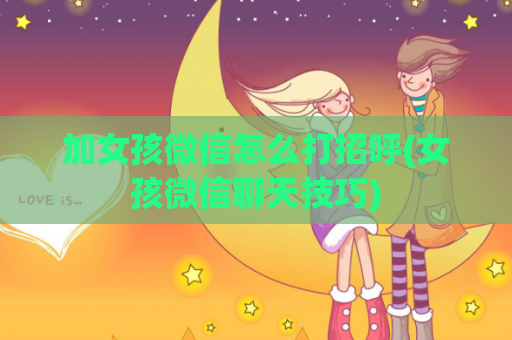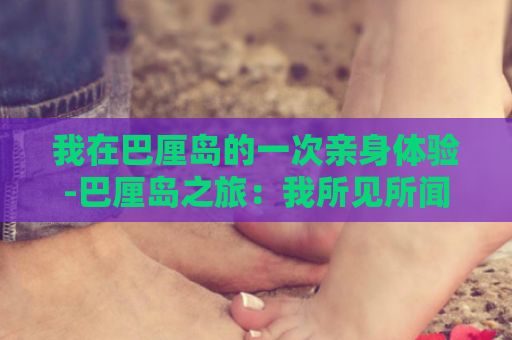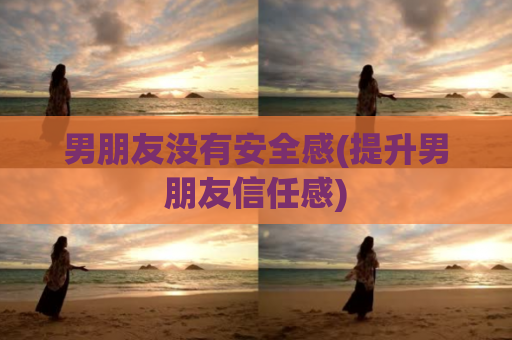Introduction: In a world inundated with material desires and consumerism, the concept of embracing simplicity and letting go of unnecessary desires, or as the Chinese phrase goes, "索性" (suǒ xìng), holds profound relevance. This article delves into the myriad facets of embracing a minimalist mindset and relinquishing superfluous desires. Through exploring the synonymous concept of "放下欲望" (fàng xià yùwàng), which translates to 'letting go of desires,' we embark on a journey towards understanding the liberating power of detachment from materialism.
1. The Essence of "索性"

"索性" encapsulates the idea of embracing simplicity and contentment, emphasizing the value of what is essential and shedding the burden of excess. This mindset champions the notion that true fulfillment lies not in accumulation but in gratitude for the present moment and appreciation of life's inherent beauty. In essence, it advocates for a shift from a mindset of constant craving to one of peaceful acceptance and inner harmony.
The Art of Contentment
Contentment is the cornerstone of "索性," guiding individuals towards a state of profound satisfaction with what they have. Rather than incessantly pursuing material possessions, practitioners of "索性" cultivate an attitude of gratitude towards life's simple pleasures. By finding joy in the mundane and appreciating the present moment, they discover a wealth of fulfillment that transcends material wealth.
Embracing Simplicity
Simplicity lies at the heart of "索性," advocating for a minimalist lifestyle characterized by simplicity, clarity, and purpose. This entails de-cluttering both physical spaces and mental landscapes, freeing oneself from the weight of unnecessary possessions and superfluous desires. Through embracing simplicity, individuals experience a newfound sense of lightness and liberation, unencumbered by the trappings of consumerism.
2. Letting Go of Desires
"放下欲望" advocates for releasing attachment to desires, recognizing that the pursuit of material possessions often leads to discontentment and spiritual emptiness. This concept echoes the teachings of various philosophical and spiritual traditions, emphasizing the transience of material wealth and the illusory nature of worldly pursuits.
Transcending Materialism
Materialism perpetuates the cycle of desire and dissatisfaction, compelling individuals to constantly seek fulfillment in external possessions. "放下欲望" encourages individuals to transcend the allure of material wealth and seek fulfillment in more meaningful pursuits, such as personal growth, interpersonal relationships, and spiritual development. By relinquishing attachment to material desires, one can cultivate a deeper sense of inner peace and contentment.
Embracing Impermanence
Central to the concept of "放下欲望" is the recognition of the impermanence of worldly phenomena. By acknowledging the transient nature of material possessions and letting go of attachment to them, individuals can free themselves from the cycle of craving and aversion. This practice fosters a profound acceptance of life's ebb and flow, enabling individuals to navigate challenges with equanimity and grace.
The editor says: Embracing the concepts of "索性" and "放下欲望" invites us to cultivate a mindset of simplicity, contentment, and detachment. By relinquishing the pursuit of unnecessary desires and material possessions, we discover a profound sense of fulfillment and inner peace. Through practicing gratitude, embracing simplicity, and letting go of attachment, we embark on a transformative journey towards greater happiness and fulfillment.























